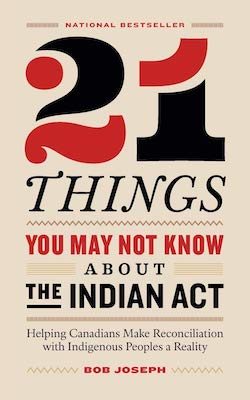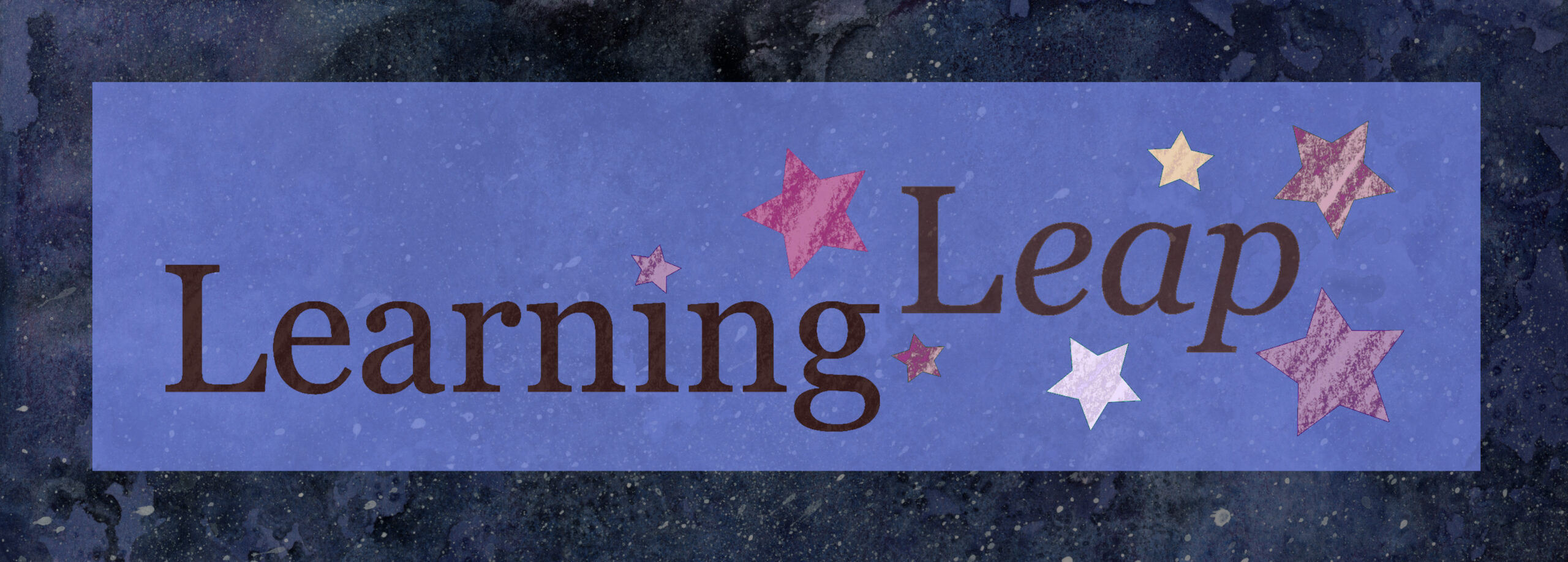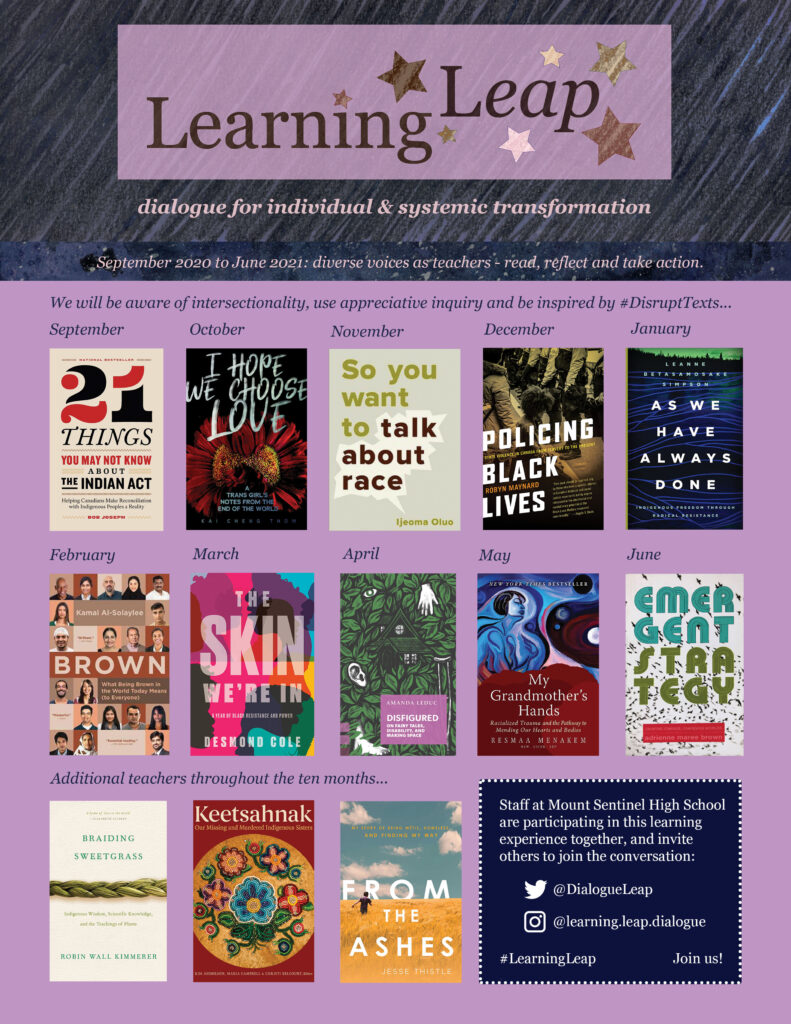There is an assumption that systemic injustice is generally hidden; however as Canadians, we can begin by examining the injustice that is plainly written into our country’s laws. Many citizens do not even know about this fundamental piece of legislation, since schools have not uniformly taught about its complex histories and structures until more recent generations. The book 21 Things You May Not Know About the Indian Act by Bob Joseph does not linger on this failure, and instead starts at the beginning and chooses the key facts that illuminate the experiences of Indigenous people since the Indian Act was brought in shortly after Canada was founded. The book also supports the reader to unequivocally condemn the Act’s continued intention to assimilate Indigenous people, and equips us to begin understanding the complexity of possible paths forward.

“…I agree, it’s all very confusing, and will continue to be for some time yet as the Canadian government sorts through its relationship with Indigenous peoples. But hang in there!”
“This book is for people who want to walk with informed minds and hearts along the path to reconciliation.”
Bob Joseph, 21 Things You May Not Know About the Indian Act
So many attempt to comfort themselves with the idea that racism in Canada is “not as bad” as in other places; however once we see the continued intentions and mechanisms of the Indian Act, denial must be set aside. One group member who read and presented about this book was struck immediately with anger at the deliberate nature of subjugation: “whenever there was some growth and success, the Canadian state would always find a way to interrupt and impede positive developments.” They were disturbed by Canada’s founding leaders’ intention to control and change First Nations cultures rather than learn about cultural practices, names, hunting and harvest protocols and many other things that they didn’t understand. They saw this book as an important way to not only to have a more complete view of history, but also better appreciate the perspectives at play in current events.
Another speaker observed that it is now so obvious to see that young people who do not identify with their ancestors’ First Nations culture have been affected by the direct and deliberate design of the Indian Act to have this impact. They appreciated the opportunity to review their prior knowledge about the Indian Act, and recognized that many people do not yet have this knowledge, and can easily obtain it by reading this short and accessible book. However, they also noted that it is just an entry point, as it leaves many unanswered questions about what reconciliation can possibly look like in context with the Indian Act’s continuing legislative power.
Our recommendation in Learning Leap will always be that others who are interested in this dialogue join the conversation by reading the book themselves. In this case, when readers pick up the book, we suggest a continuing focus on the incredible resilience Indigenous people have demonstrated throughout the history of subjugation they have endured. We owe not only our continued attention and support of Indigenous Rights in Canada, but also our appreciation and admiration for those among us who carry the cultural knowledge and resilience that allows them to survive and thrive in the face of the devastation intended by the Indian Act.
Lastly, here are some questions to invite further conversation…
- When in your life do you feel it would have best served you to learn the content of this book, and what parameters prevented that from taking place?
- Can you think of moments in your life when this knowledge would have changed your understanding of a situation or person?
- What change in perception does this knowledge invite for you in the present – whether small or dramatic?
… and a couple additional resources:
The Indian Act in full text, and an accessible online resource about the Indian Act from UBC that makes valuable additional connections.



Recent Comments